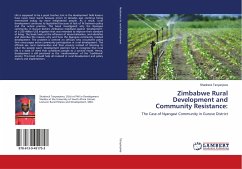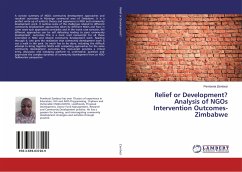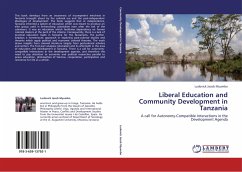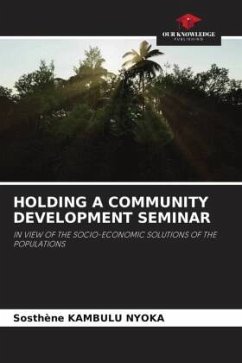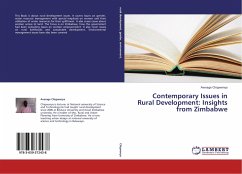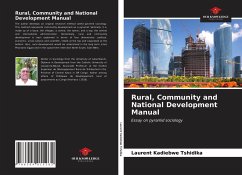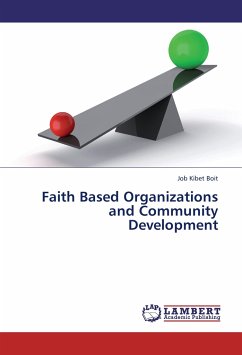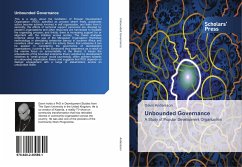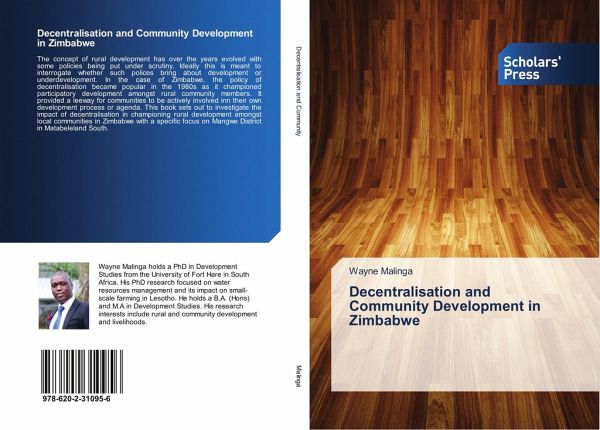
Decentralisation and Community Development in Zimbabwe
Versandkostenfrei!
Versandfertig in 6-10 Tagen
53,99 €
inkl. MwSt.

PAYBACK Punkte
27 °P sammeln!
The concept of rural development has over the years evolved with some policies being put under scrutiny. Ideally this is meant to interrogate whether such polices bring about development or underdevelopment. In the case of Zimbabwe, the policy of decentralisation became popular in the 1980s as it championed participatory development amongst rural community members. It provided a leeway for communities to be actively involved inn their own development process or agenda. This book sets out to investigate the impact of decentralisation in championing rural development amongst local communities in...
The concept of rural development has over the years evolved with some policies being put under scrutiny. Ideally this is meant to interrogate whether such polices bring about development or underdevelopment. In the case of Zimbabwe, the policy of decentralisation became popular in the 1980s as it championed participatory development amongst rural community members. It provided a leeway for communities to be actively involved inn their own development process or agenda. This book sets out to investigate the impact of decentralisation in championing rural development amongst local communities in Zimbabwe with a specific focus on Mangwe District in Matabeleland South.



